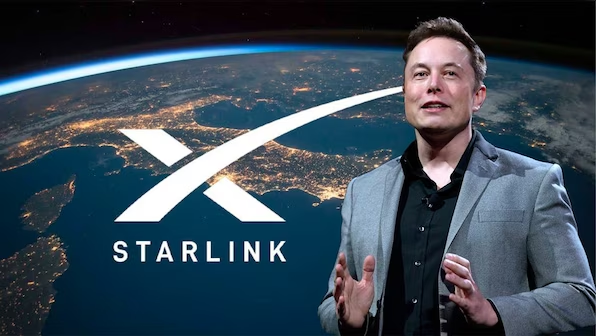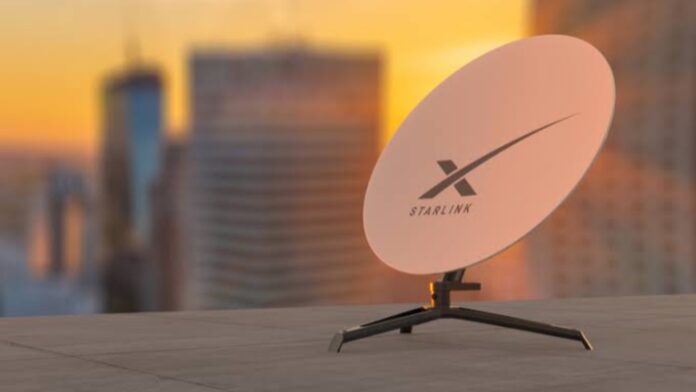The Kenyan internet market has experienced significant disruption with the recent entry of SpaceX’s Starlink. As the competition intensifies, Kenyan consumers are now faced with more choices, particularly regarding internet speeds and pricing.

Starlink, known for its global broadband internet access via low-Earth orbit (LEO) satellites, has reviewed its pricing strategy to attract Kenyan customers. The company offers two main packages: a 50 GB data plan at 200 Mbps for KSh 1,300 with the option to add more data at KSh 20 per GB, and an unlimited monthly data plan at 100 Mbps for KSh 6,500 (USD 50).
Why Starlink is preferred to other network providers:
In comparison, traditional Kenyan internet providers like Safaricom, Zuku, Airtel, and Jamii Telecommunications (Faiba) offer a range of packages with varying speeds and prices. Safaricom’s packages, for example, range from 10 Mbps at KSh 2,999 to 100 Mbps at KSh 12,499. Zuku’s offerings start at 10 Mbps for KSh 2,799 and go up to 60 Mbps for KSh 5,999. Airtel provides 5G unlimited packages ranging from 10 Mbps at KSh 3,500 to 50 Mbps at KSh 7,500. Meanwhile, Faiba’s packages go up to 140 Mbps at KSh 20,000.
The introduction of Starlink has sparked debate among Kenyans, particularly on social media, where many have expressed a preference for the new player. Some argue that the cable system associated with other internet providers has allowed the government to disrupt internet connections during sensitive times, such as the recent anti-Finance Bill 2024 protests.
READ MORE: KENYANS REACT TO SAFARICOM IMPOSING CHARGES ON REVERSE CALLS
Safaricom has raised concerns about satellite internet providers like Starlink, highlighting potential issues related to “harmful interference” and the legality of providing services within Kenya’s borders without proper regulation. The telecom giant emphasized the need for satellite providers to operate as infrastructure providers to ensure local investment and compliance with Kenyan laws.
As the competition heats up, it remains to be seen how Kenyan consumers will respond to Starlink’s offerings and whether traditional providers will adjust their strategies to maintain market share.
